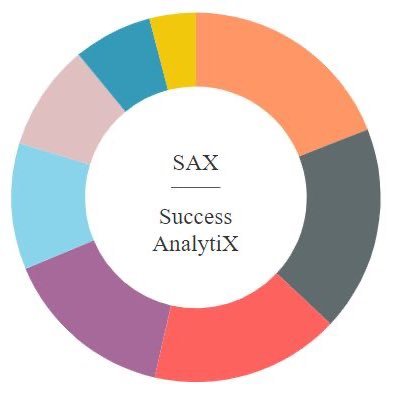Core Concepts
- Bounded Rationality: The idea that people have limited cognitive resources and make decisions that are "good enough" rather than perfectly rational.
- Cognitive Biases: Systematic errors in thinking that can affect decision-making.
- Anchoring Bias: Over-relying on the first piece of information encountered.
- Availability Heuristic: Judging the likelihood of events based on how easily examples come to mind.
- Confirmation Bias: Tendency to seek out information that confirms existing beliefs.
- Framing Effect: How information is presented can significantly influence decisions.
- Loss Aversion: The tendency to feel the pain of a loss more strongly than the pleasure of an equivalent gain.
- Prospect Theory: A model that describes how people make decisions under uncertainty, emphasizing the value people place on gains and losses rather than final wealth.
- Heuristics: Mental shortcuts or rules of thumb that simplify decision-making.
Social Influences
- Herd Mentality: The tendency to conform to the actions or beliefs of others.
- Social Norms: Unwritten rules that govern behavior within a group.
- Network Effects: The value of a product or service increases as more people use it.
Applications
- Nudge Theory: Influencing behavior through subtle and non-coercive methods.
- Choice Architecture: Designing environments that encourage people to make certain choices.
- Behavioral Finance: Understanding how psychological factors influence financial decisions.


No comments:
Post a Comment